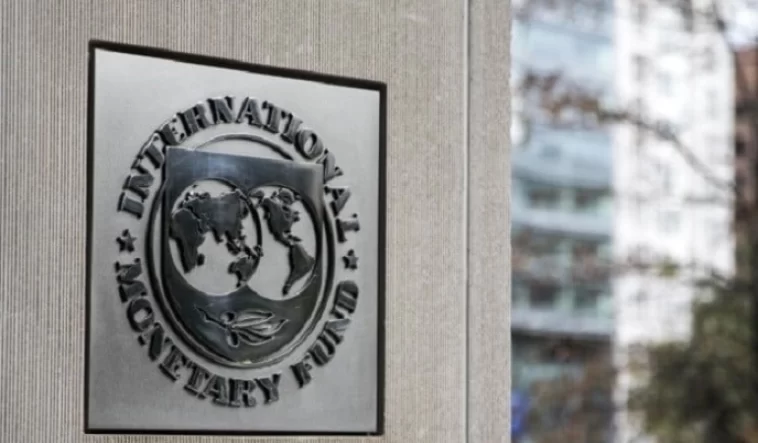An agreement at the staff level between Pakistan and the International Monetary Fund (IMF) has not been reached within the prescribed time frame to reactivate the stalled $6.5 billion bailout package. Both parties have agreed to a set of measures that may still help secure the deal, thereby avoiding a default.
The Pakistani authorities attempted to persuade the IMF mission, led by Nathan Porter, that the Pakistani government is committed to gradually implementing all outstanding conditions during a 10-day visit. Nevertheless, the delegation was not satisfied with the government’s assurances and failed to reach an agreement at the staff level.
In light of Pakistan’s credibility crisis, the IMF was wary of blindly trusting it, and therefore, set several prior conditions. A virtual meeting was conducted between Prime Minister Shehbaz Sharif and IMF Mission Chief Nathan Porter to break the deadlock. As a result of these efforts, the talks failed to yield any conclusive results, leading to the cancellation of the media briefing promised by Finance Minister Ishaq Dar.
Pakistan urgently needs the staff-level agreement and board approval for the ninth review to unlock $1.1 billion, as its foreign exchange reserves have fallen to $2.9 billion – the lowest since February 2014. It is estimated that the country requires at least $7 billion to meet its external debt repayment, while its reserves are barely sufficient to cover two weeks’ worth of imports.
Although the country is experiencing an economic crisis, Prime Minister Shehbaz Sharif has been expanding his cabinet, which now stands at 85, even as the IMF is in the country urging the government to implement austerity measures.
The government is optimistic that the remaining work could still be completed within the next two to three days. After the scheduled review discussions ended, the draft of the Memorandum for Economic and Financial Policies was discussed, leaving no time for a staff-level agreement.
A major obstacle to the talks was the large gap in external financing that Pakistan could not close without the assistance of multilateral, bilateral, and commercial creditors. The IMF sought assurances from China, Saudi Arabia, and the United Arab Emirates about the materialization of the loans they have committed to give to Pakistan.
Despite conceding to almost all demands made by the IMF, the government’s gradual approach was rejected by the fund, which demanded that the agreed actions be implemented in their entirety immediately. Several parties have reached a broad consensus on allowing the rupee’s value to be determined by market forces, lifting import restrictions, and allowing already imported goods to be cleared.
Pakistan has been advised to significantly increase interest rates due to the expectation that inflation will reach 29%. As part of the agreement, the power tariff will be raised and new taxes will be imposed. The harsh measures agreed upon will affect a vast majority of Pakistanis due to the severity of the economic crisis.


